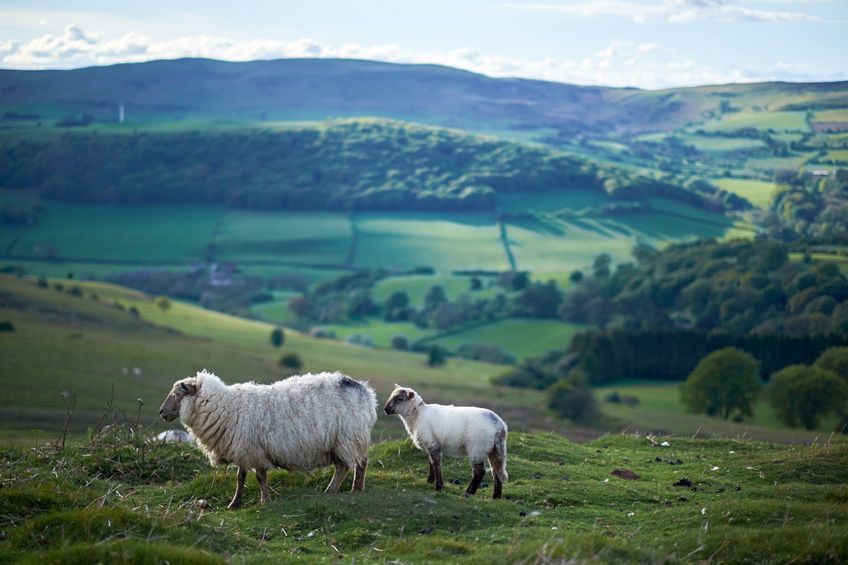
Brexit could lead to a 'fresh approach' to food and farming in Wales which could set the standard for the rest of the UK, a new report argues.
Much has been made of the risks Brexit poses to Welsh food producers, especially its upland lamb and beef farmers.
However, the briefing, by Food Research Collaboration (FRC), argues that Wales has a 'forward-looking' government with several 'innovative' pieces of legislation that could support a transition to 'fairer and more environmentally sustainable' farming.
The FRC, which seeks to improve UK food policy, said such a transition can only happen if political authority and public support can be 'mobilised to link them together'.
The organisation emphasise two key factors that enable Wales to be the leader in the field: networks of grassroots organisations building local food enterprises and 'radical' pieces of legislation introduced by the Welsh government that could be used to engineer a 'new food economy'.
One of the report's authors, Caorinne Castle of Wales' Food Manifesto, said Brexit gives Wales an opportunity make a 'step-change' into a new approach to food and farming.
“It will only happen if there is a wholesale realignment of all those involved with the food system, and a willingness to see ourselves differently.
“Old oppositions, say between food production and wildlife, or between supermarkets and community initiatives, will have to transform. Above all, we will need to bring back more trust and respect to the vital business of feeding a nation,” she said.
The report recommends that the public funding which will replace the Common Agricultural Policy must be for farming that integrates food production with care for the environment.
Subsidy should be based on what farmers do, not how much land they manage, with support for new entrants.
